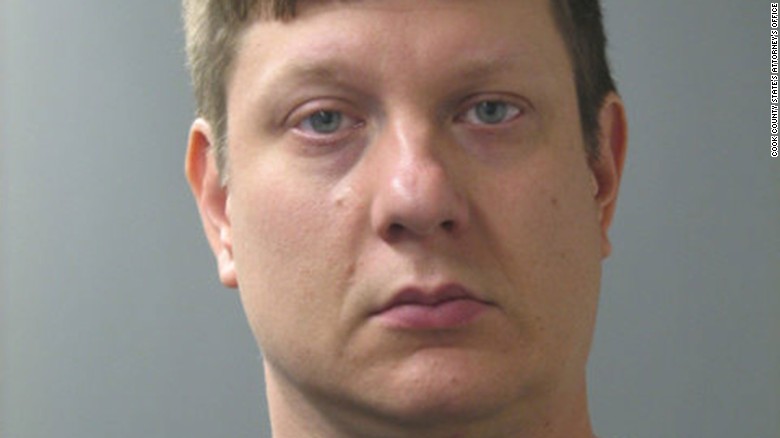Laqaun McDonald was shot and killed on October 20, 2014. The police officer charged with his murder, Jason Van Dyke, shot him 16 times, 14 of which were after McDonald fell to the ground. According to Cook County State's Attorney Anita Alvarez, he had been on the scene for 30 seconds before he started shooting. Sadly, it is important to note that Van Dyke is a white police officer and McDonald a black victim. This Tuesday, ordered by a judge to happen no later than Wednesday, a video of the violent act was released to the public. Mayor Rahm Emanuel and Chicago Police Superintendent Garry McCarthy said that they were prepared for the worst.
With the release of the video, a group of protestors began marching in Chicago. Due to the race of Van Dyke and McDonald, many news stories on the incident include arguments of white police brutality on black people. Although Van Dyke's actions may be motivated by conscious or subconscious bias, the media should not be so quick to paint a horrible image of the police. Instead, the focus should be on the trial and proving Van Dyke's guilt or innocence. Alvarez says that "the Officer's actions were not justified and were not a proper use of deadly force."
So when exactly are police officers allowed to shoot? They are constitutionally allowed to shoot under the "defense-of-life" standard "to protect their life or the life of another innocent party." They are also allowed to shoot to prevent a suspect from escaping but only if the officer has probable cause to assume that the suspect is a danger to others. This framework was set up in the 1980s under Tennessee v. Garner and Graham v. Connor. Under both of these cases, it is important to note that it does not matter whether there is an actual threat.
How do you feel about this case? Were Van Dyke's actions appropriate or is shooting a man with a knife 16 times going too far? Are police officers given too much power or do they need this power to protect themselves and the public? Is the public's response appropriate? Do you think they would respond the same way if the victim was white?
Sources:
http://www.cnn.com/2015/11/24/us/laquan-mcdonald-chicago-shooting-video/
http://www.vox.com/explainers/2015/11/24/9796704/laquan-mcdonald-police-shooting-chicago
http://abc7chicago.com/news/at-least-18-complaints-filed-against-cpd-officer-now-charged-with-murder-/1098265/
Subscribe to:
Post Comments (Atom)

No comments:
Post a Comment